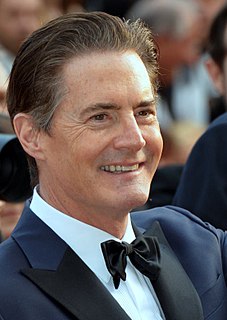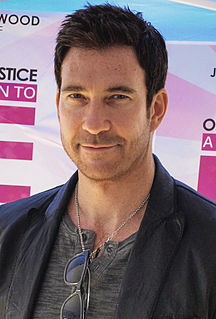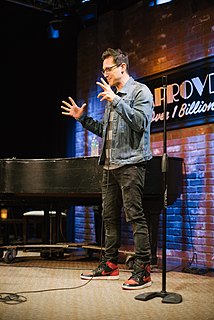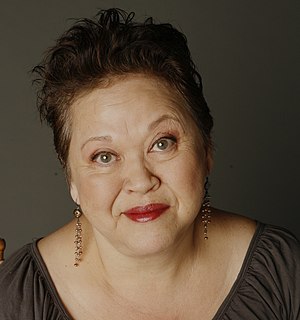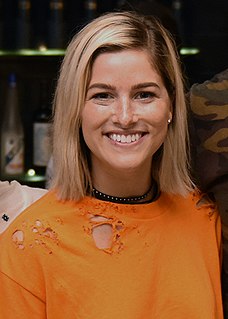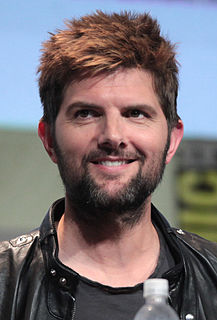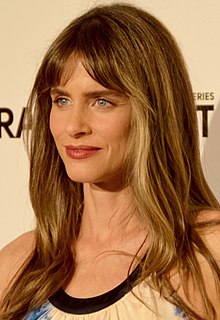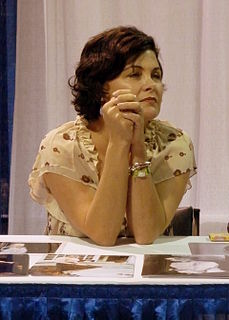A Quote by David Chase
Network television is all talk. I think there should be visuals on a show, some sense of mystery to it, connections that don't add up.
Related Quotes
There are things I'm doing with 'The After' that would've never flown on 'The X-Files' and on network television, so it's more permissive. That's not to say that you want to abuse that. I think that a show like 'The X-Files' actually worked better as a network show with the restraints put on it, the censorship that was applied.
I started on television. I had five years of network television before I ever got up on a stage. The first thing I ever did was in 1967. This guy Bill Keene had a little talk show at noon, and Gary Owens took over for a week. He knew about this dummy bit I used to do, this ventriloquist thing, and I was on 'Keene at Noon.'
The fact 'Twin Peaks' had a life at all took most of us in the cast by surprise. We thought it would be too unusual for network television. The original intention was that it would be a two-hour movie. If the network didn't want to pick it up as a series, it could just show that. But ABC took a chance.
I've been on my share of network dramas and comedies, and the problem sometimes in a network is they have a single-minded focus on making the show true to whatever genre it is. If you're on a drama, it better be procedural, it better fulfill all the demands of a procedural show, and you better keep those episodes independent, so if I'm watching the show in seven years as its syndicated on some other cable network, I don't have to know what happened before or after the episode. If you're on a comedy, everything has to be funny and wacky and zany.
When you think of a social network, you have these two-way interactions: "Are you my friend? Yes? No? Yes?" Like LinkedIn, it's business oriented, but it's all about establishing connections. You connect to me through my other connections, and that sort of thing, and you sort of define who your friends are. Twitter doesn't have that.





